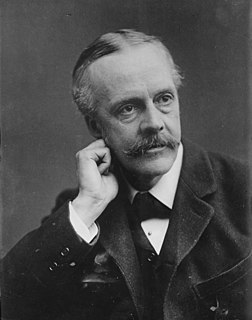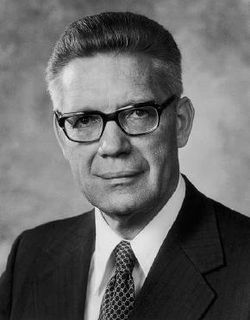A Quote by Arthur Balfour
In effort Happiness idleness life pleasure superstition support trouble work The superstition that all our hours of work are a minus quantity in the happiness of life, and all the hours of idleness are plus ones, is a most ludicrous and pernicious doctrine, and its greatest support comes from our not taking sufficient trouble, not making a real effort, to make work as near pleasure as it can be.
Related Quotes
I'm not the "not-working" type. I derive pleasure from my work. Work gives me relaxation too. Every moment I am thinking of something new: making a new plan, new ways to work. In the same way that a scientist draws pleasure from long hours in the laboratory, I draw pleasure in governance, in doing new things and bringing people together. That pleasure is sufficient for me.
At first, when an idea, a poem, or the desire to write takes hold of you, work is a pleasure, a delight, and your enthusiasm knows no bounds. But later on you work with difficulty, doggedly, desperately. For once you have committed yourself to a particular work, inspiration changes its form and becomes an obsession, like a love-affair… which haunts you night and day! Once at grips with a work, we must master it completely before we can recover our idleness.
We are here on earth to work-to work long, hard, arduous hours, to work until our backs ache and our tired muscles knot, to work all our days. This mortal probation is one in which we are to eat our bread in the sweat of our faces until we return to the dust from whence we came. Work is the law of life; it is the ruling principle in the lives of the Saints.
There are other ways to motivate students than requiring them to take on debt or work long hours taking away from their studies. For example, we don't allow our kids to work during the school hours their freshman year. After that, they can work a little but not so much that it hurts their education.
Now the code of life of the High Middle Ages said something entirely opposite to this: that it was precisely lack of leisure, an inability to be at leisure, that went together with idleness; that the restlessness of work-for-work's sake arose from nothing other than idleness. There is a curious connection in the fact that the restlessness of a self-destructive work-fanatacism should take its rise from the absence of a will to accomplish something.
Blessed is he who has found his work; let him ask no other blessedness. He has a work, a Life-purpose... Get your happiness out of your work or you will never know what real happiness is... Even in the meanest sorts of Labour, the whole soul of a man is composed into a kind of real harmony the instant he sets himself to work!
Lenten practices of giving up pleasures are good reminders that the purpose of life is not pleasure. The purpose of life is to attain to perfect life, all truth and undying ecstatic love - which is the definition of God. In pursuing that goal we find happiness. Pleasure is not the purpose of anything; pleasure is a by-product resulting from doing something that is good. One of the best ways to get happiness and pleasure out of life is to ask ourselves, 'How can I please God?' and, 'Why am I not better?' It is the pleasure-seeker who is bored, for all pleasures diminish with repetition.
It can be set down as a broad, general principle that we cannot indulge in idleness and abundance during both the first and second half of our life. Study, application, industry, enthusiasm while we are young usually enable us to enjoy life when we grow older. But unless we toil and strive and earn all we can in the first half, the second half of our life is liable to bring disappointment, discomfort, distress. The time to put forth effort is when we are most able to do it, namely, in the years of our greatest strength. The law of compensation hasn't ceased to function.
The goal in life is the same as in basketball: make the effort to do the best you are capable of doing--in marriage, at your job, in the community, for your country. Make the effort to contribute in whatever way you can. You may do it materially or with time, ideas, or work. Making the effort to contribute is what counts. The effort is what counts in everything.
At the heart of our desires is eternal happiness without the slightest hint of misery. You could say that we are pleasure seekers; however, seeking pleasure from the objects of our five senses produces fleeting moments of pleasure whereas, pleasure of one's self, a soul, is eternal and ever-increasing pleasure.


































